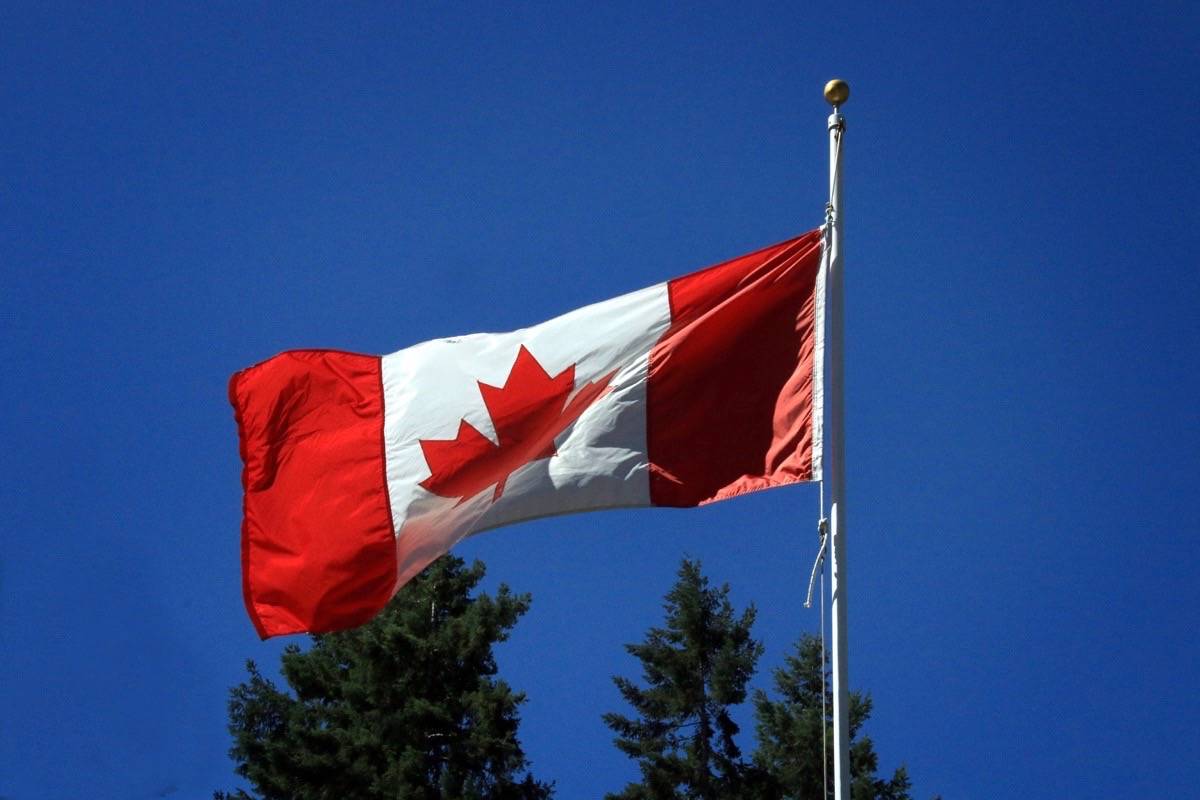The federal government says it has no plans to set aside extra money to inform Canadians about the imminent change to the lyrics of O Canada, which are expected to become official in the coming days.
The anthem’s new gender-neutral language will be introduced as part of the normal reprinting of government material, so there will be no additional costs, said David Larose, a spokesman for the Canadian Heritage department.
RELATED: MPs high-five in Commons over Senate approval of gender neutral O Canada
Online materials will be the first to change, and the government will inform “partners and stakeholders” so they can make their own revisions, Larose said.
“Equality of all genders should be reflected in our national symbols, as we believe that a more inclusive Canada is a stronger Canada.”
The change is the culmination of a years-long effort by former Liberal MP Mauril Belanger to change the anthem’s second line from “in all thy sons command” to “in all of us command.”
Belanger was diagnosed with ALS, also known as Lou Gehrig’s disease, following the 2015 election.
He died two months after the House of Commons passed the bill in June 2016, but the Senate took until last week to approve the new wording.
All that remains for the bill to become law is for the Governor General to give royal assent — a step that Mona Fortier, Belanger’s Liberal successor in his Ottawa-Vanier riding, said she believes will happen in the next few days.
The government should invest in a public education campaign to promote the new lyrics, especially with the launch of the Winter Olympics in Pyeongchang, South Korea, later this week, Fortier said Monday.
RELATED: Senate votes to approve gender neutral wording for Canada’s national anthem
The Canadian Olympic Committee has asked athletes competing in the games to use the new wording.
Fortier said she intends to spread the word about the new lyrics and suggested distributing promotional material, such as flyers and bookmarks, to inform Canadians about the new language.
Not everyone is happy with the change, however: the far-right website The Rebel has launched a petition to “save O Canada,” asking supporters to help it commission a public opinion poll into whether Canadians approve of the change.
National Hockey League spokesman Gary Meagher said adjustments will be made once the new lyrics become official.
Toronto police occasionally stand for the national anthem before official events, said spokesman Mark Pugash, adding that the force “has a plan” to make sure the new lyrics are observed.
“I’m not going into specifics, because there are a variety of formal and informal ways that we will make sure that our people get the message,” he said.
David Nelson, associate superintendent of the Vancouver School Board, said his school district will also adopt the new lyrics once they are officially changed.
“The revised lyrics would be sung at school and district events where the anthem is sung,” he said.
The words to O Canada have changed on several occasions, though not since 1980, when it became the official national anthem.
There have been at least 10 attempts since then to amend the lyrics to make them more gender inclusive, including one earlier attempt by Belanger.
The anthem’s music and French lyrics were written in 1880, with English following 28 years later.
Robert Stanley Weir, who wrote the English version, added “in all thy sons command” in place of the original “thou dost in us command” in the early 20th century in what is believed to have been a salute to men in the Armed Forces as the First World War approached.
— With files from Nicole Thompson in Toronto
Geordon Omand, The Canadian Press



